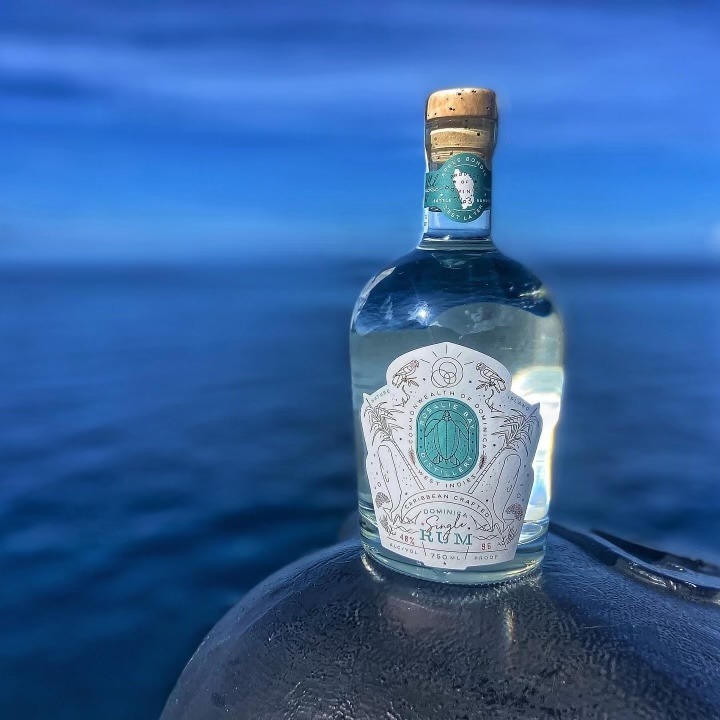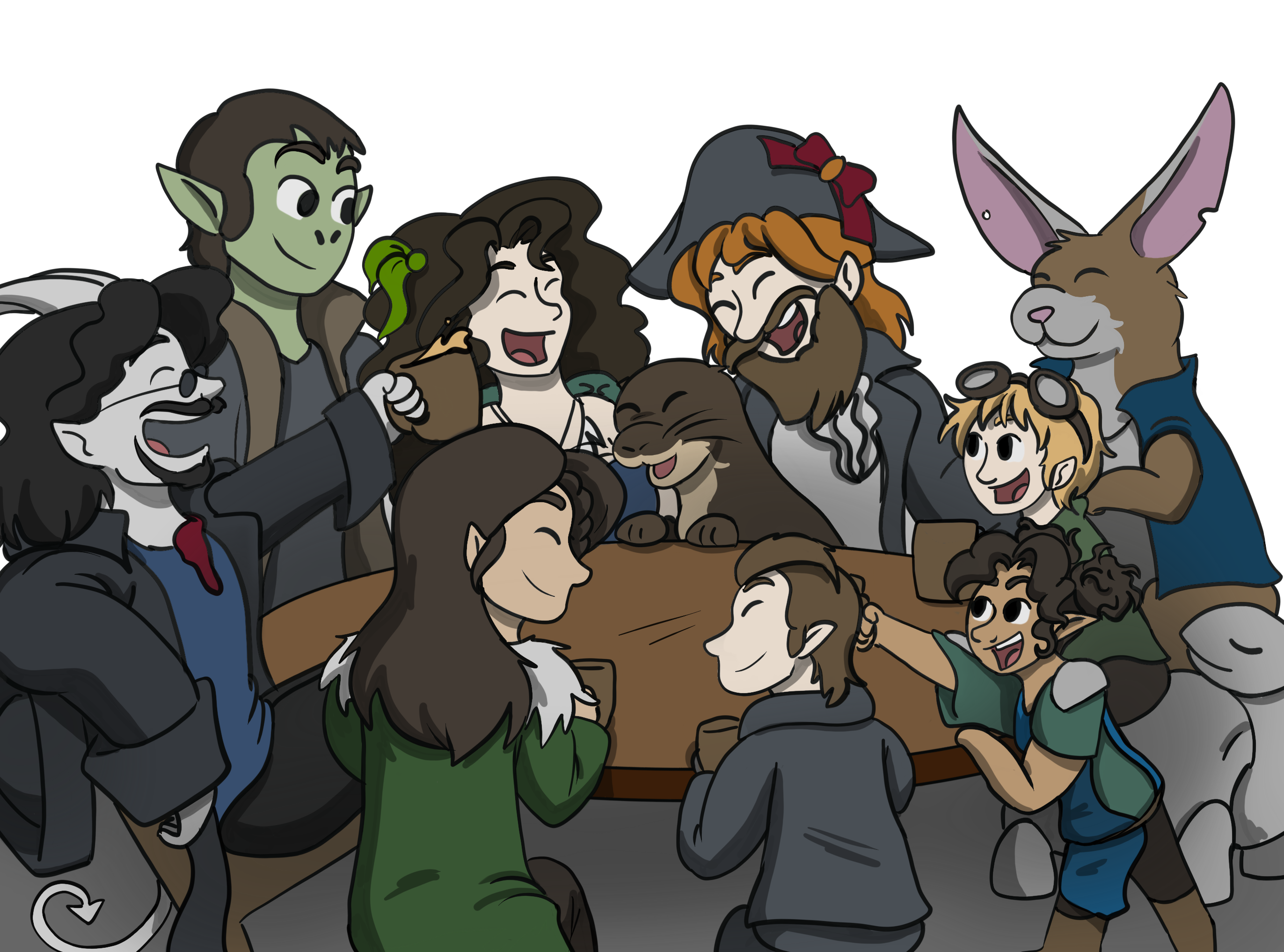A great recent talk by Dr. Stefan Rahmstorf on what is going on with the Atlantic Meridional Overturning Circulation. Surfaced on Bluesky through The Ocean Commotion feed.
Author: Andrew Thaler
Marine science and conservation. Deep-sea ecology. Population genetics. Underwater robots. Open-source instrumentation. The deep sea is Earth's last great wilderness.Five years ago, a small team of ocean scientists, conservationists, sea turtle patrollers, and distillers came up with a radical idea to create a sustainable, long-term funding model for Dominica’s Sea Turtle Conservation Organization and Ocean’s Forward. From dozens of meetings, market analyses, and viability assessments, the Rosalie Bay Distillery was born. The distillery would … Read More “This Rum Protects the Ocean: the world’s first conservation distillery is open for business.” »
Serial is out with a new podcast, and this time, it’s about whales. Return to the early 1990s, when scientists and conservationists fought to save Keiko, the Killer Whale made famous by the movie Free Willy, from his captivity in a small aquatic park. The first two episodes are up on Spotify.
It’s been three months since we posted our last traffic update. I’ve been prepping or traveling since August running OpenCTD workshops and the rest of the team is likewise busy with research, outreach, and policy work. We’ve been quiet, only publishing 12 articles in the last quarter and the traffic reflects that. Traffic is down … Read More “Project 2025, chicken coops, seabed mining, and the classics: 3 Months of readership stats for Southern Fried Science” »
Late last month, I joined Andrew Kornblatt and Francis Farabaugh on Ocean Science Radio to talk about Donald Trump’s Project 2025 Presidential Transition Project, how it will effect ocean policy, and why the particular nastiness with which Project 2025 goes after NOAA is proof-positive that, no matter how hard they try and deny it, Project 2025 … Read More “Trump’s Project 2025 and a surprising outbreak of whalepox: this month on the podcasts.” »
Giant deep-sea tube worms. When the RV Knorr arrived above Galapagos Rift in 1977, a team of geologists, geochemists, and geophysicist, including Robert Ballard who would go on to locate the wreck of the Titanic among other ocean-shaping discoveries) was prepared to witness something never before seen: a geyser of superheated, chemical rich water erupting … Read More “Giant tube worms dwell in the deep places beneath the ocean floor.” »
For close to two decades now, the venerable YSI Castaway has been the gold standard for small, relatively cheap, handheld CTDs. In the early days of OpenROV, the robot’s little payload bay was sized explicitly to fit a Castaway. When Kersey and I started building the OpenCTD, our benchmark for viability was how well the … Read More “Comparing the OpenCTD to a YSI Castaway” »
The Cephalosquad recently celebrated our 300th episode of Dugongs and Seadragons. Listen along as we reminisce on 6 years of D&D podcasting, getting to old for all this, and the surprising discovery that our younger members do not know who Jennine Garofalo is. Meanwhile, in the ongoing adventure of a bunch of very nerdy marine … Read More “Catching up with the Cephalosquad on Dugongs and Sea Dragons” »
Over 15 years ago, I set sail from Matupi Harbor, Papua New Guinea to a spot in the middle of the Bismarck Sea between New Britain and New Ireland to study and understand the ecological diversity of a hydrothermal vent system resting beneath a submerged volcano 1600 meters beneath the sea. That hydrothermal vent system … Read More “What is going on at Solwara I?” »
In a surprise upset on the final day of the 29th Session of the International Seabed Authority, Leticia Carvalho secured the position of Secretary General over 8-year incumbent Michael Lodge. The 79 to 34 vote was a decisive rejection of Lodge’s leadership, whose tenure has been marred by criticism that he has improperly shared information … Read More “Leticia Carvalho will be the next Secretary General of the International Seabed Authority” »






